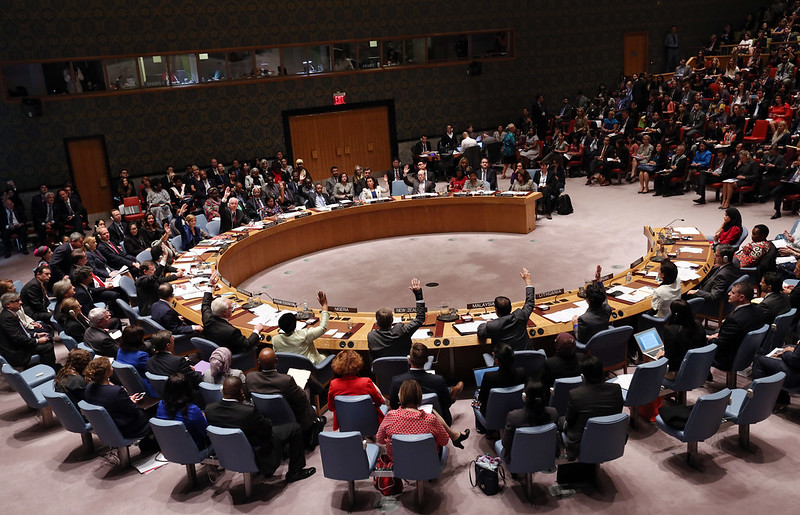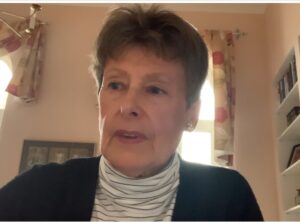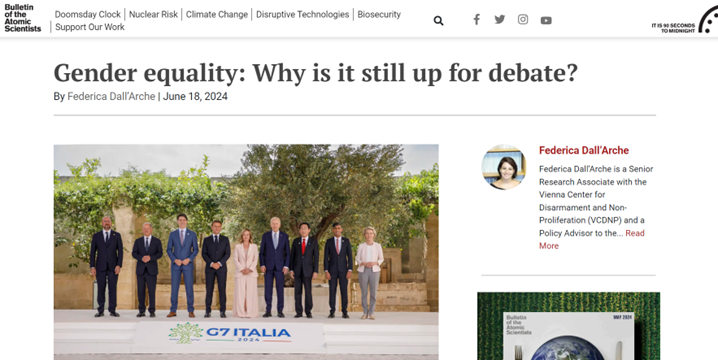

The 20th anniversary last month of UN Security Council Resolution (UNSCR) 1325 on women, peace and security (WPS) should have been a time to celebrate progress. Instead, a draft commemorative UNSCR was the subject of fierce debate and was ultimately not passed. Following this development, VCDNP Senior Fellow Angela Kane took a hard look on what has become of the WPS agenda in a new commentary published by the European Leadership Network.
Ms. Kane focused in her commentary on why UNSCR 1325 is important, what it has achieved and the challenges that it faces today. On one hand, this resolution placed women and the question of gender firmly on the agenda and made it part of the formal UN discourse on security. On the other, there is still pushback from some UN Member States as to whether UNSCR 1325 belongs in the Security Council at all.
Despite challenges, Ms. Kane expressed hope for the future, in part because the Security Council today has a robust toolkit to address issues in gender in peace and security.
This piece follows a number of events that commemorate the UNSCR 1325, its past achievements and opportunities for the future, including in a panel discussion at the George C. Marshal European Center for Security Studies in August.
Featured image courtesy of UN Women/Ryan Brown.

